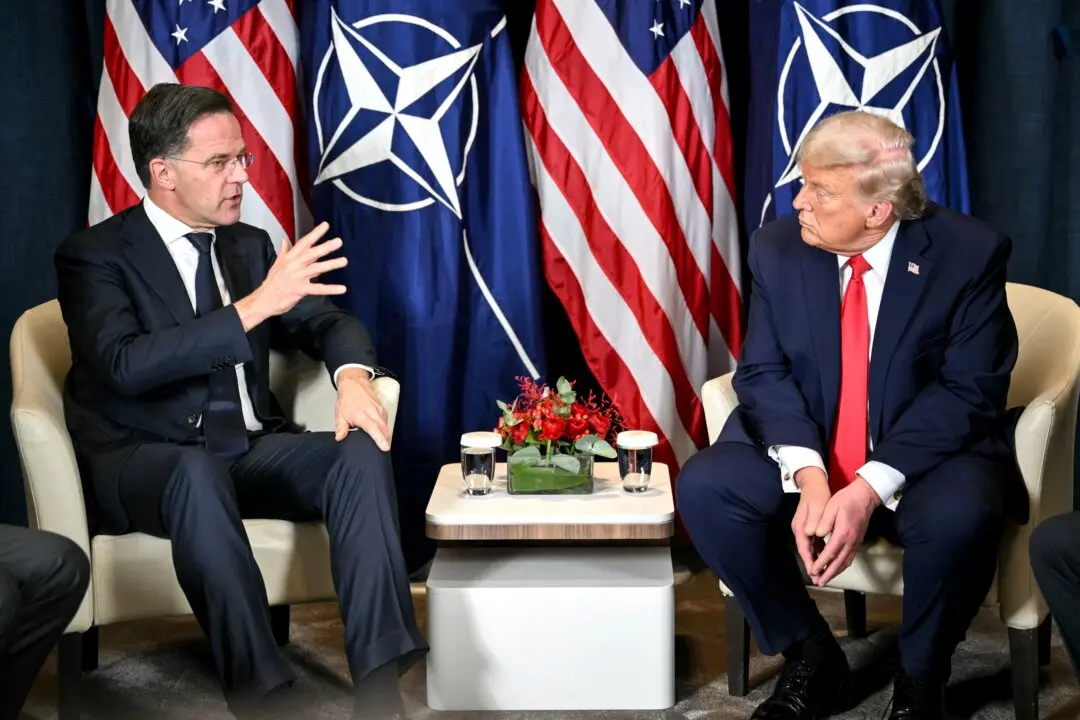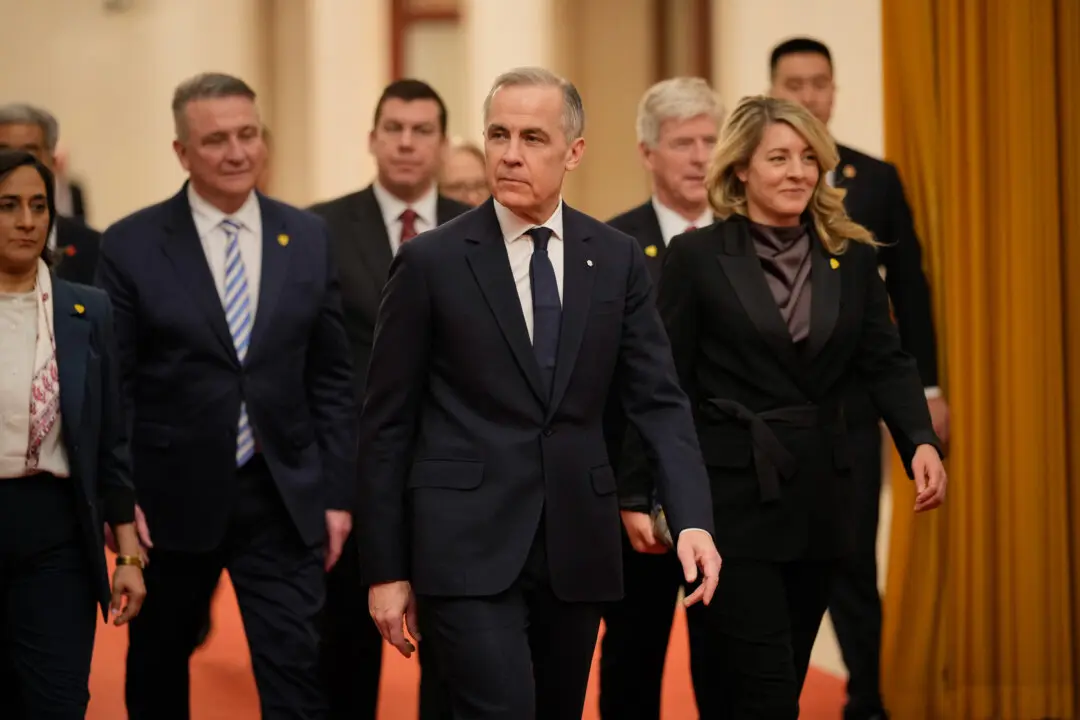There was considerable irony and some drama in President Donald Trump’s excursion to Davos on Jan. 21 as the contemptible charade of an impeachment trial began in the U.S. Senate.
Davos is the epitome of everything Trump considers suspect in the world that is yet within the West and essentially a democratic and capitalist institution. It’s an international meeting in a nondescript and inconvenient little Swiss mountain city of unusually little aesthetic merit for the Alps.





